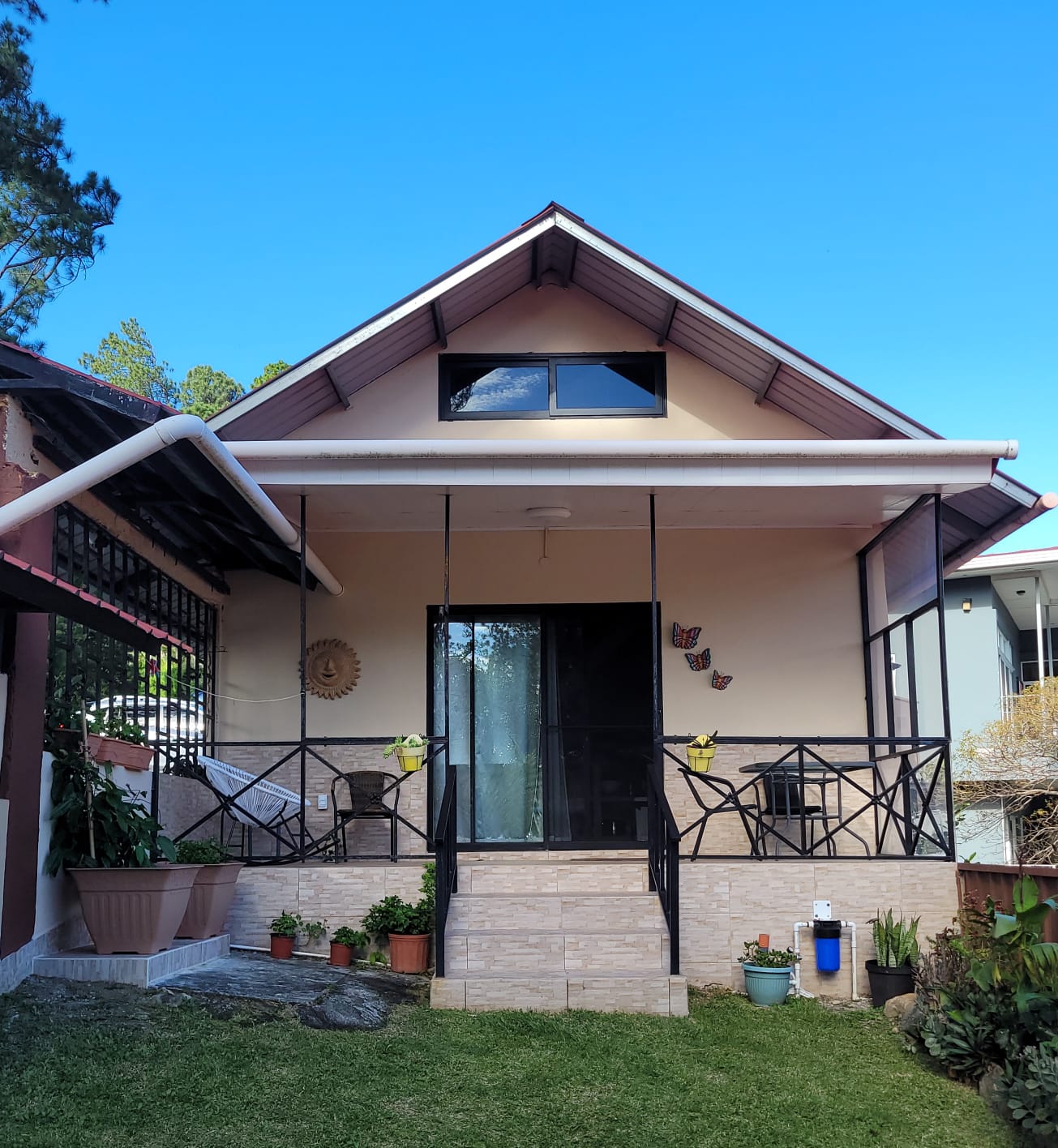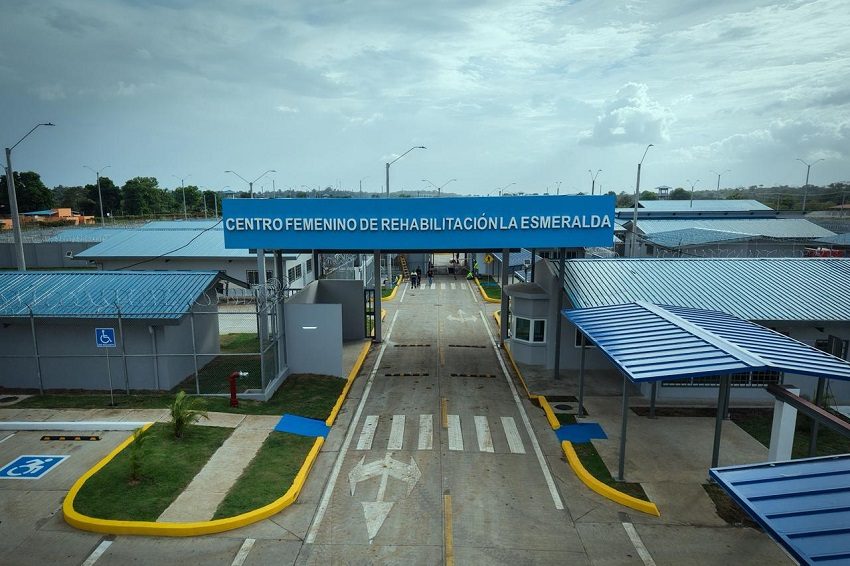La Prensa sentence an attack on press freedom

A COURT decision sentencing Corporation La Prensa to pay $600,000 in moral damages to David and Daniel Ochy, is an”apparent attack on press freedom”, says the president of the Press Freedom Committee of the Inter American Press Association, Claudio Paolillo.
“It is a clear, obvious and final attack on press freedom” reiterated Paolillo, who said also that Judge Melina Robinson obviated fundamentals in the Declaration of Principles on Freedom of Expression. The Forum of Journalists for Freedom of Expression and Information and the National Council of Journalism, in separate statements, said that the sentence imposed by Robinson threatens the role that the media exercise.
Many voices questioned the ruling of Robinson, in the Thirteenth Civil Court, which sentenced Corporation La Prensa to pay $600,000 in moral damages to David and Daniel Ochy entrepreneurs, owners of the construction company TRANSCARIBE Trading (TCT).
Most respondents objected that the ruling , ignoring the fact that the information disclosed was based on official documents that are public interest.
Paolillo, said from Uruguay:”The articles and information published by La Prensa were clearly in the public interest because it is related to contracts made by the State on the basis of public money. Companies that contract with the state are always subject to greater scrutiny than those not contracted with the state. If you using public money to do work, to build bridges, to airports, therefore it is absolutely legitimate from a journalistic point of view do research and present to the public how the people’s money is spent, “he argued.
Eduardo Quiros, president of Grupo Editorial El Siglo – La Estrella said that “this conviction forces us to reflect on a justice system that punishes reporta on issues of public interest. “This ruling in the nineteenth century could perhaps he understood, but in these times when the clear duty of the media is to inform citizens on how public funds are administered, it is unimaginable.
Quiros said such sentences endanger the very survival of the media. “I trust that the entity will review this decision of the judge thirteenth civil judge thirteenth to correct this wrong” he added.
Theruling comes after a $ 6 million lawsuit filed by the brothers Ochy after La Prensa publications of July 31, and August 1 and 3, 2012.
They argued that the publications related to government contracts, were “false, reckless, abusive and degrading”.
Journalist and political analyst Guillermo Antonio Adames said, , that “it is a shameful chapter given against a medium of communication for making public complaints about facts on which the medium had the evidence “
There is, apparently an interest for some people to silence the media for reporting questionable practices. “This is further evidence of the need to rescue the dignity of justice”he said.
The Forum of Journalists for Freedom of Expression and Information, issued a statement, which raises its strongest protest against this “unacceptable judicial decision, which violates the letter and spirit of the ‘Constitution’ and human rights conventions on freedom of expression and information have been signed by Panama. “
The National Journalism Council notes the threat that this decision has on the critical role of the media to the public administration, the role of the activities of state contractors and oversight to the discretion of the use of public funds”
“The medium investigated, questioned, verified and published; the consequences were an attempt of closure by blocking with trucks the staff and the company in question and not satisfied with this, now, a claim of moral damage to TCT owners. We wonder about the moral damage to society trying to prevent the delivery departure of two media? That does not count? What ‘moral’ damage is more serious? “
Paolillo also sai that, in herruling, Judge Robinson obviated Melina fundamental principles of the Declaration of Principles on Freedom of Expression of the Inter-American Commission of Human Rights. Specifically Article 3, which states that “everyone has the right to access to information about itself or its assets expeditiously and not onerously, whether it be contained in databases or public or private records […]” .
And Article 5, which says: “Prior censorship, direct or indirect interference in or pressure exerted upon any expression, opinion or information transmitted through any means of oral, written, artistic, visual or electronic communication must be prohibited by law […]”.





